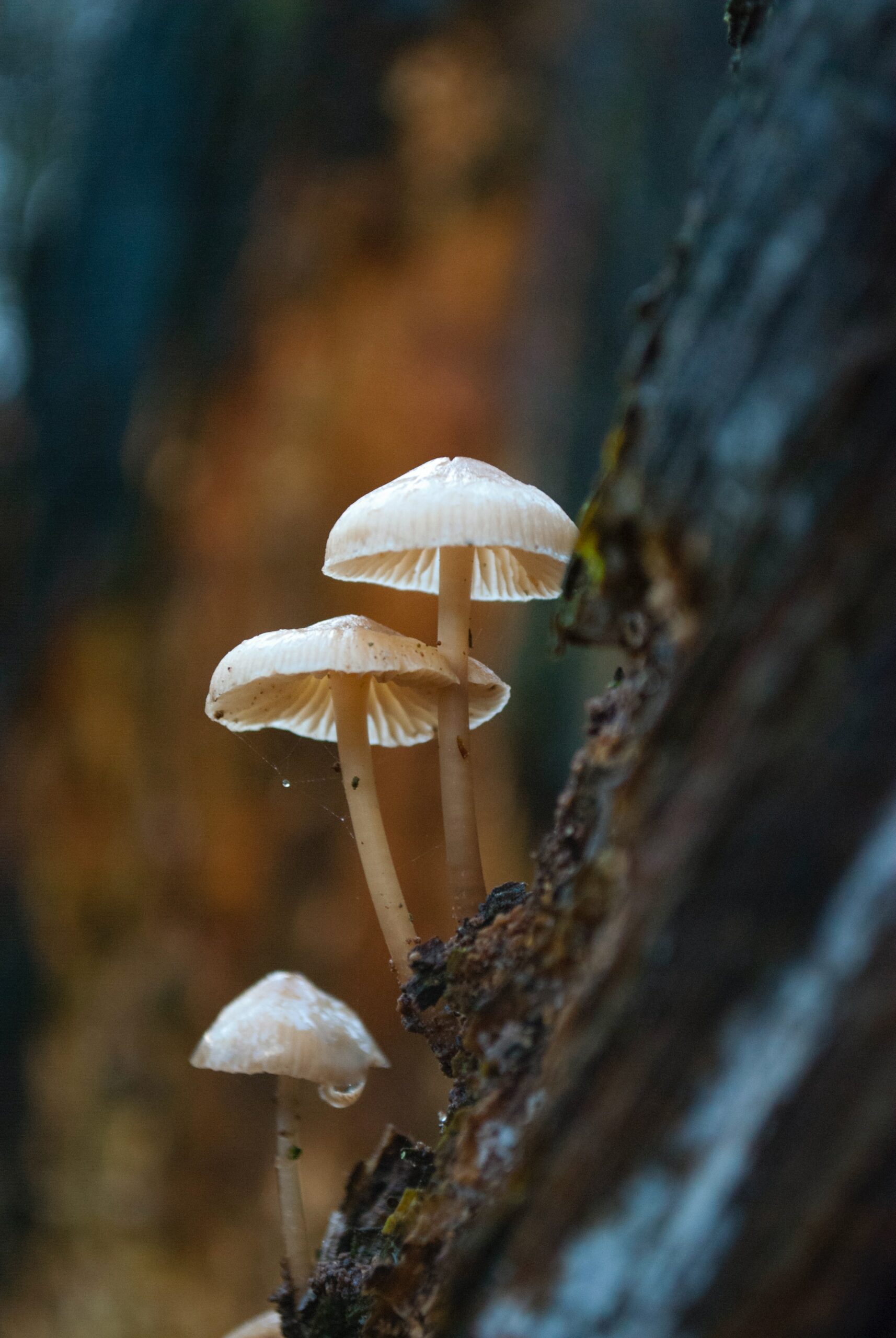Is there Serotonin in the Uterus?

A research study from 1956 shows that hallucinogens, like mescaline, increase serotonin activity causing uterine contractions. Mescaline comes from the cacti San Pedro or Peyote which grows in the Southern US and Mexico. Due to the War on Drugs, studies of this kind were outlawed for decades. With the resurgence of psychedelic-assisted there is renewed interest in the medicinal uses of these plants.
Serotonin & Hormones
Serotonin is a chemical messenger communicating between nerve cells in the brain and your body. It plays a role in body functions like mood, sleep, digestion, wound healing, bone health, and sexual desire. There is a connection between neurotransmitter modulation and sex hormone levels. For instance low levels of progesterone coincide with low levels of serotonin. Estrogen increases serotonin and serotonin regulates estrogen synthesis.
The Uterus
So yes, there are serotonin receptors in the uterus and it regulates contractile activity. Women’s uteruses contract during sexual arousal, orgasm and also during child birth. Receptors for serotonin exist throughout the body, however given how women’s hormones fluctuate there is a difference in how our bodies respond. Keep in the mind that women’s bodies have largely been left out of research despite a declaration in 1993 requiring science to represent female bodies at equal rates to males.
Brain Health
Depression is more common in women than in men. Depression is mediated by a few factors including the density of serotonin receptors and their efficacy in the brain. Estrogen’s effect on serotonin receptors explains some of why women are more at risk of depression. When estrogen is low, depression is more frequent. Early pregnancy, postpartum and post-menopause are all times when estrogen drops. The luteal phase of a woman’s menstrual cycle is also a time when estrogen is low relative to progesterone.
Psychedelics
There is excellent research emerging around women’s health, mental health and psychedelic-assisted therapy. Psilocybin is considered a breakthrough therapy for depression and many women are using micro-dosing as a way to attune to their bodies through major events including perimenopause, end-of-life or even the ever changing demands of parenting.
It is worth imagining what women’s health could look like with adequate research. Would depression still be more prevalent for women who have received medical support for the conditions that are specific to their bodies throughout their lives? What role could psychedelics play in reclaiming women’s health?
Further research around psychedelics for brain injury, dementia and Parkinson’s is also emerging with good results. Stay tuned!
Related Posts






